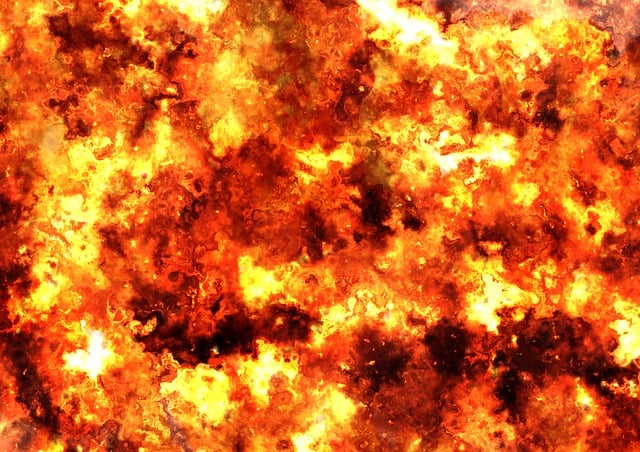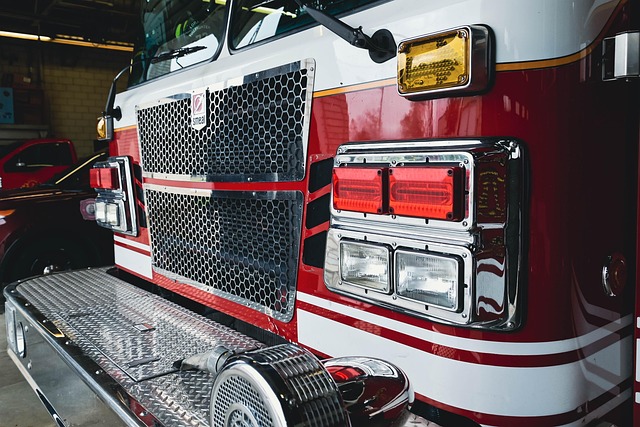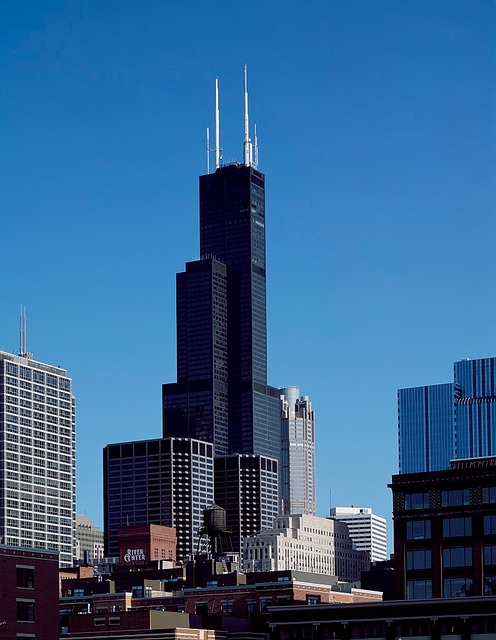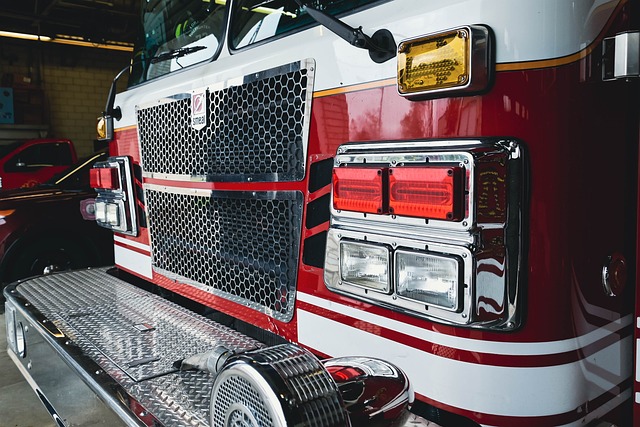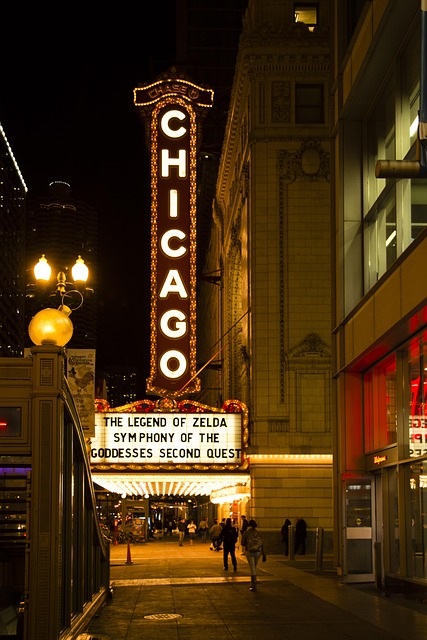Selling a fire-damaged home in Chicago, Illinois, requires adhering to strict property disclosure laws designed to protect both buyers and sellers. Sellers must disclose any known material defects, such as structural issues, mold, water damage, or previous fires, that could impact the property's habitability or value. Transparency is crucial to avoid legal complications and facilitate a smooth transaction when selling a fire-damaged house fast in Chicago. Illinois laws mandate detailed disclosure of fire damage history, repairs made, and ongoing issues, enabling buyers to make informed decisions. Understanding exceptions and exclusions can streamline the process for both buyers and sellers looking to navigate the specific requirements of selling a fire-damaged property in Chicago.
In Illinois, property disclosure laws play a crucial role when selling homes, especially those with potential issues like fire damage. This comprehensive guide navigates the intricate details of these regulations, equipping Chicago sellers and buyers alike. We delve into what constitutes fire damage disclosure, clarify seller obligations, explore buyer rights, and highlight exceptions. By understanding these laws, you can navigate the process of selling a fire-damaged house in Chicago swiftly and confidently.
- Understanding Illinois Property Disclosure Laws
- What constitutes a fire damage disclosure?
- Sellers' Obligations: Required Disclosures
- Buyers' Rights and Responsibilities
- Exceptions and Exclusions: When Less is More
- Selling a Fire-Damaged House in Chicago: A Quick Guide
Understanding Illinois Property Disclosure Laws
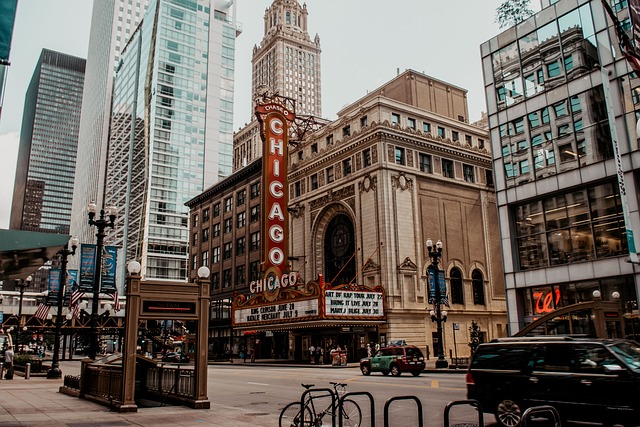
In the state of Illinois, selling a property, especially a fire-damaged home in Chicago, comes with specific legal obligations known as property disclosure laws. These laws are designed to protect both buyers and sellers by ensuring transparency and full disclosure of any potential issues or damage. When you decide to sell a fire-damaged house fast Chicago, understanding these regulations is paramount.
Illinois requires sellers to disclose any known material defects or conditions that could impact the property’s habitability or value. This includes, but is not limited to, structural issues, mold, water damage, and previous fires. Failing to disclose such information could lead to legal repercussions. Buyers have the right to conduct inspections and, if necessary, request repairs or adjustments before finalizing the purchase. Selling a fire-damaged house fast Chicago requires adhering to these disclosure laws to ensure a smooth transaction and mitigate potential disputes.
What constitutes a fire damage disclosure?
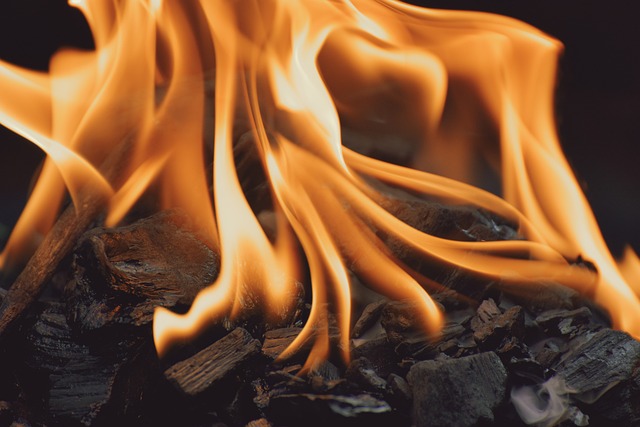
When considering a sale, it’s crucial to understand that fire damage disclosure laws in Illinois require sellers to reveal any significant incidents on the property. This includes structural issues caused by fires, such as charred walls, melted flooring, or damaged electrical systems. The goal is to ensure potential buyers are fully informed and can make an educated decision when purchasing a fire-damaged home in Chicago.
A “sell fire damaged house fast Chicago” scenario often involves buyers seeking properties that require renovation. Sellers must disclose the nature and extent of any fire damage, providing details on repairs made or needed. This transparency is vital to avoid legal issues and foster trust between buyer and seller during the real estate transaction process.
Sellers' Obligations: Required Disclosures
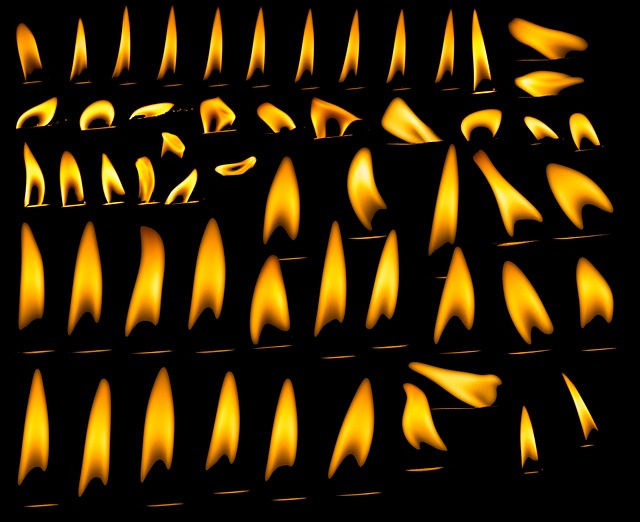
When selling a fire-damaged property in Chicago, Illinois, sellers have specific legal obligations regarding disclosures. According to state laws, sellers must reveal any known material defects or hazards that could impact the property’s value or safety. This includes, but is not limited to, structural issues, water damage, mold, lead paint, and hazardous materials. A seller who fails to disclose these items may face legal repercussions, including potential lawsuits from buyers for misrepresentation.
In Chicago, the process of selling a fire-damaged house fast requires transparency. Sellers should prepare a comprehensive disclosure document detailing the property’s history, any repairs or renovations made after the fire, and any ongoing issues. This information allows prospective buyers to make informed decisions and may even help negotiate terms, especially for those looking to sell fire damaged houses fast in Chicago.
Buyers' Rights and Responsibilities
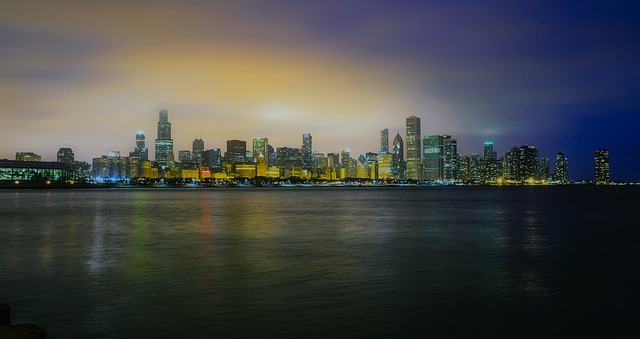
When considering a purchase of a fire-damaged property in Chicago, buyers have specific rights and responsibilities under Illinois’s property disclosure laws. These laws aim to ensure transparency between sellers and buyers, especially when dealing with potential hazards or significant structural issues. Buyers are entitled to receive accurate information about any known defects or damage, including recent fires, which could impact their decision to purchase.
In the case of a sell fire damaged house fast Chicago, buyers should be proactive in understanding their rights. They have the duty to carefully review all disclosure forms and documents provided by the seller. This includes questioning any discrepancies or unclear information about the extent of the fire damage and its repair. By exercising these rights, buyers can make informed choices, ensuring they’re not taking on unexpected costs or potential health hazards associated with fire-damaged properties.
Exceptions and Exclusions: When Less is More
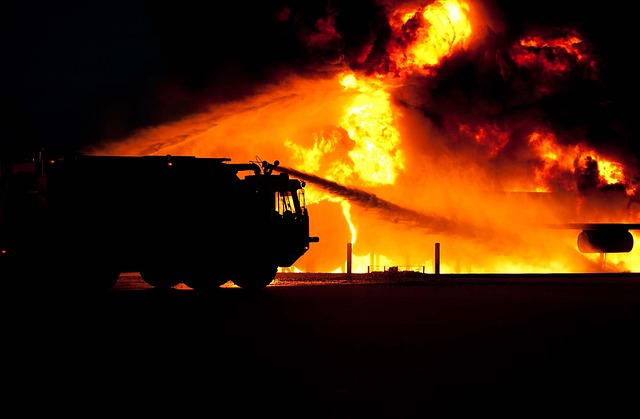
When selling a fire-damaged property in Chicago, understanding exceptions and exclusions is key to navigating Illinois’ property disclosure laws efficiently. While these laws aim to protect homebuyers, certain circumstances allow for exemptions from full disclosure. For instance, if the fire occurred before the seller purchased the property, they may not be legally obligated to reveal all details about the incident, especially if it was adequately remediated. This is particularly relevant when Chicago residents look to sell fire-damaged houses fast, as it can streamline the process and reduce potential legal complications.
Exclusions also apply to certain types of damage that are considered normal wear and tear or are beyond a seller’s control. For example, minor cosmetic issues or structural damages that don’t compromise the property’s safety or value might not require disclosure. This is where the principle of “less is more” comes into play—sellers can provide a straightforward account of significant fire damage while leaving out trivial repairs that wouldn’t affect a buyer’s decision to purchase a sell fire-damaged house fast in Chicago.
Selling a Fire-Damaged House in Chicago: A Quick Guide

Selling a fire-damaged home in Chicago can be a complex process, but with the right approach, it’s possible to navigate these challenges swiftly. The first step for Chicago homeowners looking to sell a fire-damaged property is to understand the local disclosure laws. Illinois has specific regulations that require sellers to disclose any known damage or defects, including fire damage. This transparency ensures buyers are fully informed and can make educated decisions.
In Chicago, selling a fire-damaged house fast often involves working with experienced real estate professionals who understand these legal requirements. A licensed realtor can guide you through the process, helping to prepare the home for listing by addressing any safety concerns and repairing visible damage. Additionally, they can provide insights on pricing strategies tailored to the specific market conditions of fire-damaged properties in Chicago, ultimately maximizing your chances of a successful sale in a timely manner.
When considering a sale of a fire-damaged house in Chicago, understanding Illinois property disclosure laws is crucial. This guide has outlined key aspects from seller obligations to buyer rights and exceptions, ensuring you’re informed about the process. If you’re looking to sell your fire-damaged home quickly in Chicago, remember that transparency and accurate disclosures can make all the difference in navigating this unique real estate scenario.
